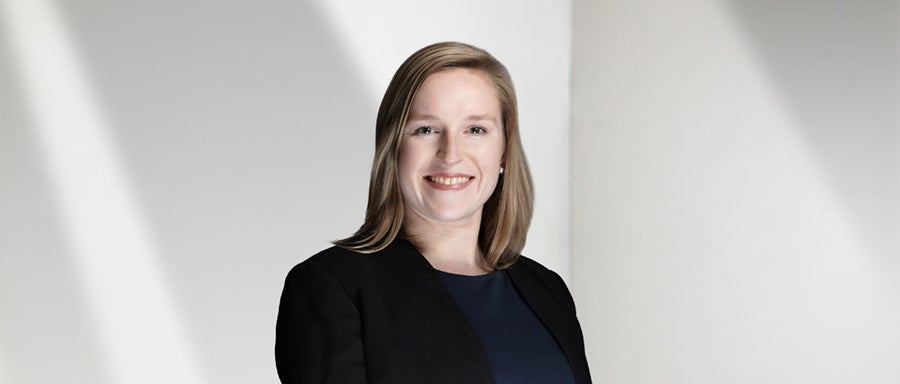Joshua Suwa should be spending his weekends playing soccer with his boys, teaching them the game he loved and played for years, but he can’t.
A 35-year-old father of two boys, husband to Erin, and a keen soccer fan, Joshua’s job that helped him provide for his family has sadly left him struggling for breath.
A former stonemason who spent seven years working with engineered stone, Joshua has been diagnosed with silicosis – a serious, progressive and incurable lung disease.
“Some of the symptoms I was having when I noticed something was wrong, the main one was shortness of breath,” says Joshua.
“I used to have to walk four or five flights of stairs before I finished work, and I would notice that I couldn’t really walk one flight of stairs without having a break.”
Joshua’s work involved cutting, grinding, gluing, and polishing engineered stone. However, his diagnosis means he is no longer able to work.
“I can’t go back into any sort of industry that has any dust or any fumes, so it cuts out a lot of what I have known for the past 15 or so years.”
For Joshua, however, being out of work is far from the hardest part of his disease.
“It’s impacted my personal life, I’m not the same person I was. Mentally not the same person, physically not the same person.”
“The unknown is what scares me the most. Not knowing what the future’s going to bring, not knowing how my condition is going to progress, not knowing if I’ll be able to be the fun Dad and not knowing how long I have with my kids. That’s the scariest part.”
Some engineered stone manufacturers opposed a ban on the material, instead calling for a reduction in silica content. Joshua rejects this idea.
“There is no safe way to work with it,” says Joshua.
“For you to get that product at home, somebody’s had to breathe in this toxic dust.”
His challenge for those who opposed a ban is simple.
“Come and watch me walk with my kids to the park and see how hard that is.”
Leah O’Keefe specialises in silica-related diseases and knows firsthand the impact of silicosis on workers, their families, and the entire community.
“We have seen the impacts on workers; we have watched people die from silicosis. We have seen the devastating and crippling impacts silicosis has on our clients and their families,” says Leah.
Engineered stone is a man-made product with an incredibly high content of silica. When cut, the workers breathe in the silica dust, which causes serious lung diseases such as silicosis.
Studies estimate that 1 in 4 Australian stone workers already have silicosis. Furthermore, stonemasons also have a high risk of lung cancer.
Curtin University estimates ten thousand Aussie workers will develop lung cancer in the future due to silica dust exposure.
Leah explains that engineered stone products have a very high silica content - higher than naturally occurring stone or rock.
“That is why engineered stone is dangerous. That is why engineered stone needs to be banned”.
Maurice Blackburn supports a total ban on all engineered stone products. From 1 July 2024, that ban has come into effect. However, many workers will still suffer from silica-caused lung diseases.
Leah says “There is no safe level of workplace exposure to silica dust. The fact of the matter is a ban will save lives”.
Register your silica dust exposure
Documenting any dust exposure in case you develop a lung or other related disease later in life is a good idea. We have created the free National Dust Register to provide an easy way to do this.
Recording the details of your silica dust exposure, regardless of how recent or long ago it was, can help any future claims for compensation you may need to make. Register your silica dust exposure today, it's free and obligation-free as well.
Speak to a dust disease lawyer
Our team of experienced dust disease lawyers are here to help you understand your legal options and to ensure you get the compensation you're entitled to.
We can help with disease exposure claims
Our experienced lawyers have a long history of fighting for the rights of people suffering from asbestos, silica and other dust related illnesses. If you've been diagnosed with a dust disease, you may have a claim for compensation.
Thanks very much for your message.
Our team has received your enquiry and will get back to you as soon as we can.
Need to speak with us sooner? Please call us on 1800 111 222. We take calls from 8:30am - 7:00pm Monday to Friday.
Office locations
We’re here to help. Get in touch with your local office.
Select your state below
- VIC
- QLD
- NSW
- WA
- ACT
- SA
- TAS
- NT
We have lawyers who specialise in a range of legal claims who travel to Australian Capital Territory. If you need a lawyer in Canberra or elsewhere in Australian Capital Territory, please call us on 1800 675 346.
We have lawyers who specialise in a range of legal claims who travel to Tasmania. If you need a lawyer in Hobart, Launceston or elsewhere in Tasmania, please call us on 1800 675 346.
/MBL_LeahO%27Keefe_2022-01-13_300x300px.jpg)
/MBL_LeahO%27Keefe_2022-01-13_900x384px.jpg)
